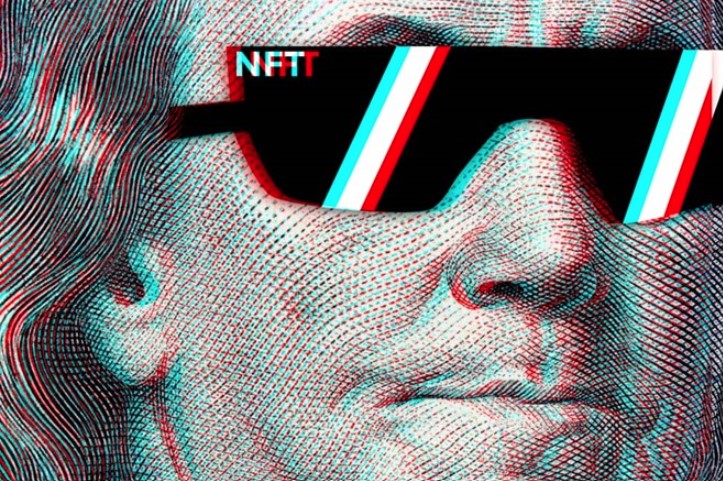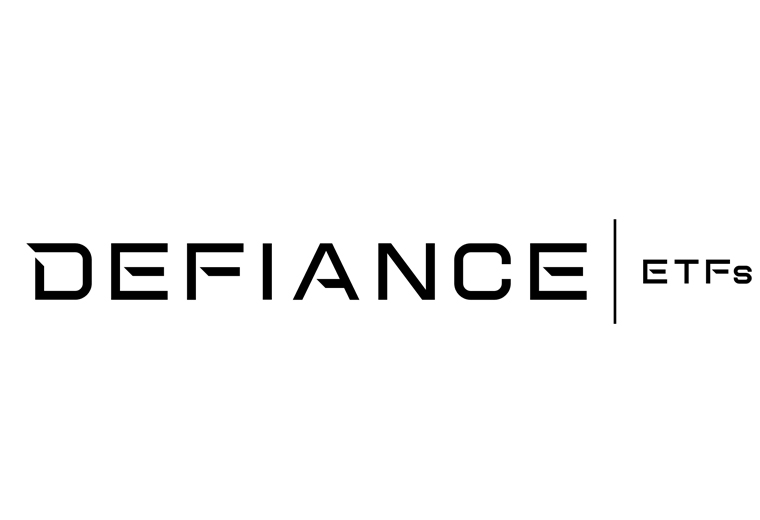Europe’s largest asset manager Amundi said it cannot rule out investing in non-fungible tokens (NFTs) but has called crypto a “systemic risk” to the global economy.
In a recently published report, titled Cryptocurrencies: A bubble or the emergence of a new paradigm of decentralised finance?, Amundi said it could see a scenario where NFTs are ranked as real assets.
“Ultimately, we cannot rule out that NFTs will also become investable assets for all types of investors and, as such, end up being ranked in the real assets category,” the report said.
“In which case investors should gradually become interested in them as a diversifying asset and value-creator beyond the purely speculative.”
It added NFTs were similar to cryptocurrencies in that their relation to decentralised finance meant they were at risk of fraud, but that the market would continue to grow significantly regardless of regulation.
NFTs have already made their mark in the ETF space after New York-based Defiance ETFs became the first ETF issuer to offer exposure to the market in December.
Amundi added blockchain had the power to change global finance for the better, promoting faster, more reliable and cheaper payment systems but that crypto was a potentially destabilising and systemic risk.
“In the medium to long term, they are likely to call into question the monopoly of central banks (and nation states) on money production and monetary policy and because the operational resilience of decentralised systems is still in question,” the report said.
The asset manager also questioned the intrinsic value of cryptocurrencies which have “no real economic underpinning” and – in contrast to NFTs – highlighted regulation as an “exogenous risk factor” for the buyer.
It said: “It is therefore not possible to estimate the potential demand for these ‘assets’, except to make assumptions about the specific role that will be assigned to them or recognised in the future. Likely, the observed demand for cryptocurrencies depends negatively on the level of regulation to which they will be subject.
“Recently, the abundance of liquidity and the expectation that the rise will continue (driven by a new category of investors) seem to have been the main reasons to buy (bitcoin). If this were the case, bitcoin would be the archetype of a ‘rational bubble’.”
In a recent interview with ETF Stream, Isabelle Moessler, head of distribution at 21Shares, said the use cases for different digital assets remain abstract to investors with more education needed to develop the space.
Speaking ahead of the virtual event Crypto 2025, Moessler said the early stages of the asset class means they are focused on making it easier for investors to understand the numerous use cases – or protocols – of the various coins and blockchains.
Despite Amundi’s scepticism on cryptocurrencies, it predicted that 2022 would see the approval of the first physical bitcoin ETF in the US and the launch by China of the fully operational central bank digital currency.
Related articles





